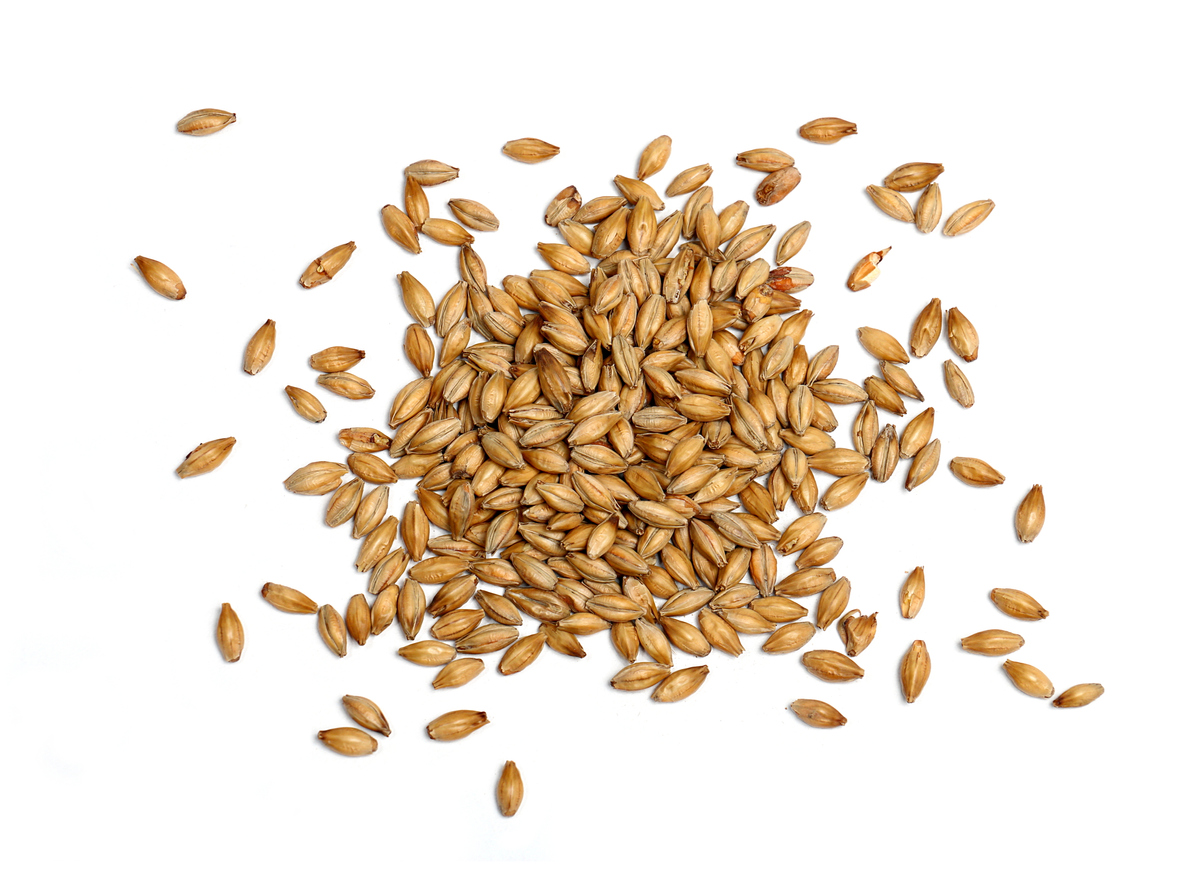How to Buy and Export Cereal Meal and Pellets from South Africa
How to Buy and Export Cereal Meal and Pellets from South Africa
South Africa is one of the world’s largest producers and exporters of cereal crops. Cereal meal and pellet products from South Africa are used as a feed source for livestock, fish, and chickens. Cereal grains are made into meal or pellets for ease of storage and to increase their value. Pellets are easily digestible by poultry, pigs, and fish. There are many different types of cereal products from South Africa that can be purchased and exported around the world. Depending on where your business is based, there may be trade regulations to take into account before exporting these foodstuffs. It’s important to understand the unique circumstances that apply when purchasing and exporting cereal meals and pellets from SouthAfrica.
Trade Regulations and Import Requirements
In order to import cereal meal or pellets from South Africa, your country must have a free trade agreement with the country. In many cases, the product must meet the specifications for the importing country. The importing country may require a documented food safety inspection for the product. Be sure to check the country’s import requirements before purchasing and exporting these products. The shipping and logistics of these products may be more complex. Containers of cereal products from South Africa may be required to be refrigerated or heated. The container may need special ventilation according to the regulations of the importing country. There may be restrictions on container size or other import requirements.
The Basics of Cereal Trades
Cereal crops are grown in large quantities in South Africa. They are often combined to make a mixed crop. The most common cereals used to make meal and pellets include corn, sorghum, barley, oats, wheat, and rye. Cereal crops used to make feed are planted earlier than those that are planted for human consumption. Harvesting these crops must take place before the weather turns too hot or cold to protect the crops from damage. Cereal crops are harvested using a variety of harvesting equipment. The grains are then separated from the stalks and other plant parts.
Types of Cereals Used to Make Meal and Pellets
Various types of cereals are used to make meal and pellets. They may be blended together to make specific products like poultry or fish feed. The most common types of grains used to make meal and pellets include corn, sorghum, barley, oats, wheat, and rye. Mixed feeds may contain a combination of these grains. Corn is a popular choice for poultry feed. This is because of its high protein content. Sorghum is used in poultry and fish feed because of its high protein and energy content. It is also an inexpensive feed source. Barley is an excellent choice for pig feed. It is rich in fiber, protein, and minerals. Oats are used in feed for livestock and poultry because they are high in protein and minerals. They provide a good source of energy. Wheat is used in feed for pigs and poultry because of its high protein content. It also contains minerals such as iron, zinc, and selenium. Rye is used in poultry feed because of its high protein content. It is also used in pig feed because of its high fiber and energy content.
Export Process for Cereal Meals from South Africa
Top exporters of cereal meals from South Africa include ADM, Wilmar, and Bunge. Cereal meals may be imported raw or processed. Raw cereal meals are milled to produce a finished product. If purchasing cereal meal that has been processed, be sure to check the ingredients to be sure it meets your needs. Processed cereal meals may be blended with other ingredients to produce a specific product like fish feed. Your supplier of cereal meal or pellets from South Africa should provide you with the COA or commercial invoice. This document should contain the name of the product, the quantity and unit price, and information about the seller. It should be written in English. The COA should also indicate the quality of the product, ingredients, and any certifications the product has.
Exporting Cereal Pellets From South Africa
Cereal pellets are made from grain that has been crushed into a small, tightly packed ball. They are designed to be easily consumed compared to raw meal. Cereal pellets are heat-treated and preserved. They may be coated in a variety of ingredients like vitamins and minerals. Cereal pellet exports from South Africa may be raw or processed. Raw pellets are made by crushing grain into a small ball. Processing involves crushing the grain, cooking it, and pressing it into a pellet. Your supplier of cereal meal or pellets from South Africa should provide you with the COA or commercial invoice. This document should contain the name of the product, the quantity and unit price, and information about the seller. It should be written in English. The COA should also indicate the quality of the product, ingredients, and any certifications the product has.
Final Words
Cereal meal and pellets are a valuable commodity. They are used in feed for livestock, fish, and poultry. Cereal crops are grown in large quantities in South Africa. The most common types of crops used to make meal and pellets include corn, sorghum, barley, oats, wheat, and rye. Cereal meals may be imported raw or processed. Cereal pellets are made from grain that has been crushed into a small, tightly packed ball. The shipping and logistics of these products may be more complex. Containers of cereal products from South Africa may be required to be refrigerated or heated. The container may need special ventilation according to the regulations of the importing country. There may be restrictions on container size or other import requirements.








LEAVE A COMMENT
You must be logged in to post a comment.